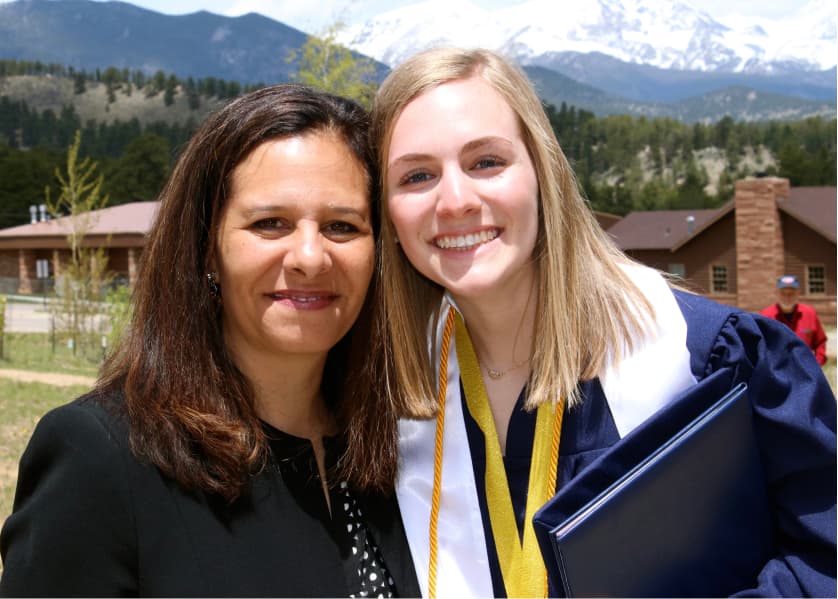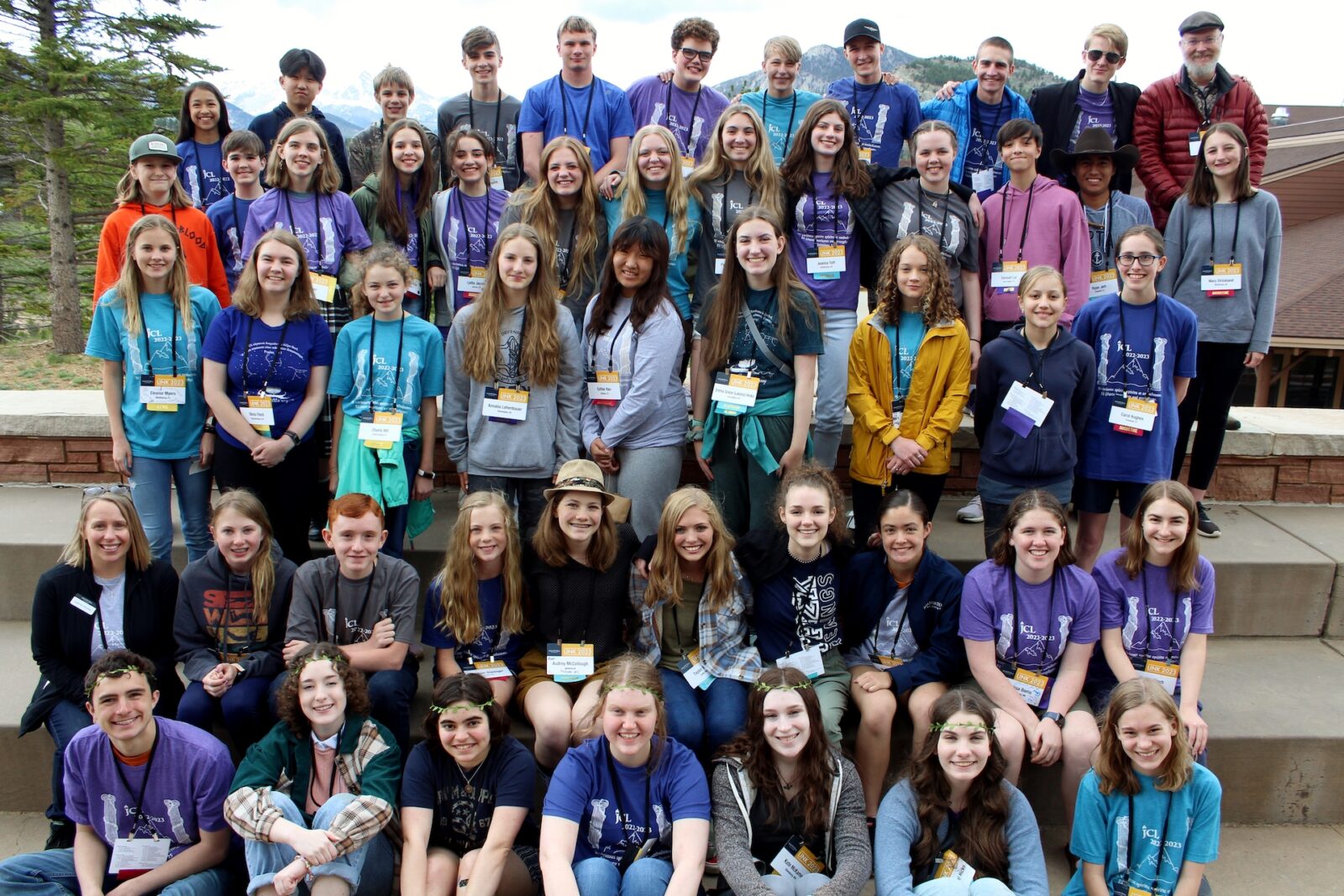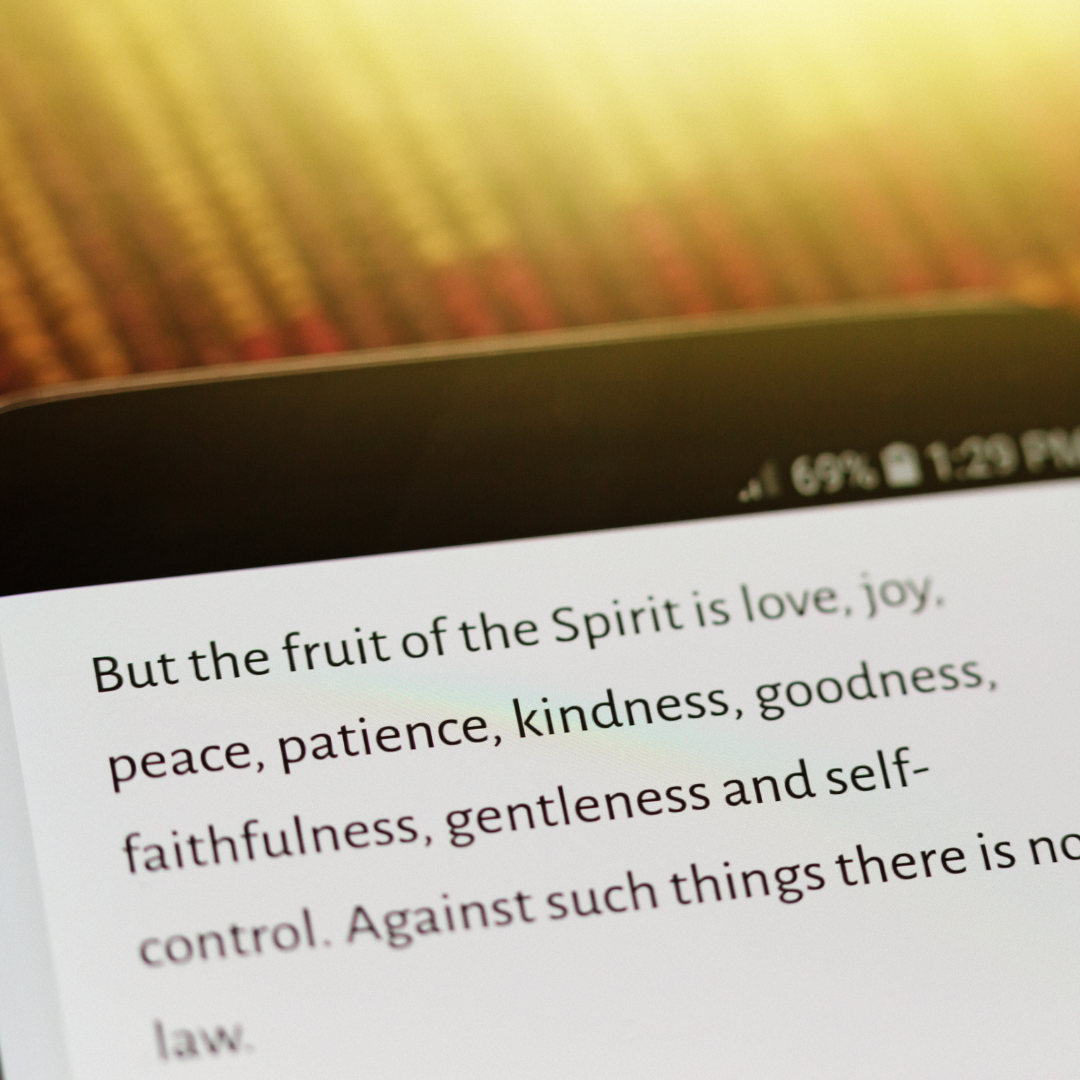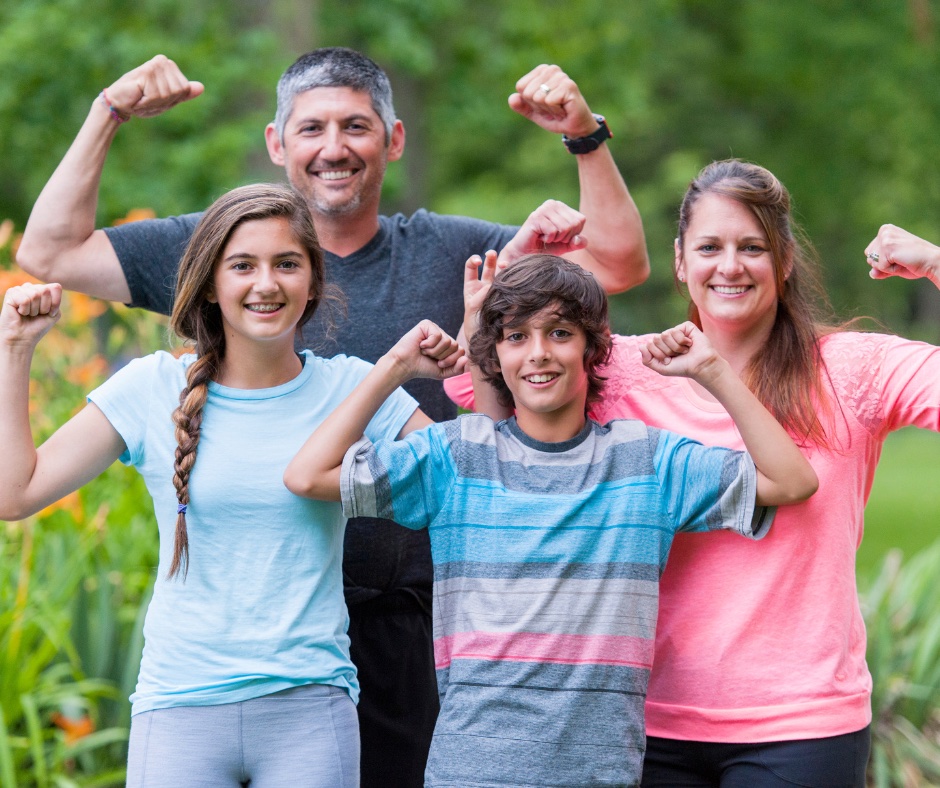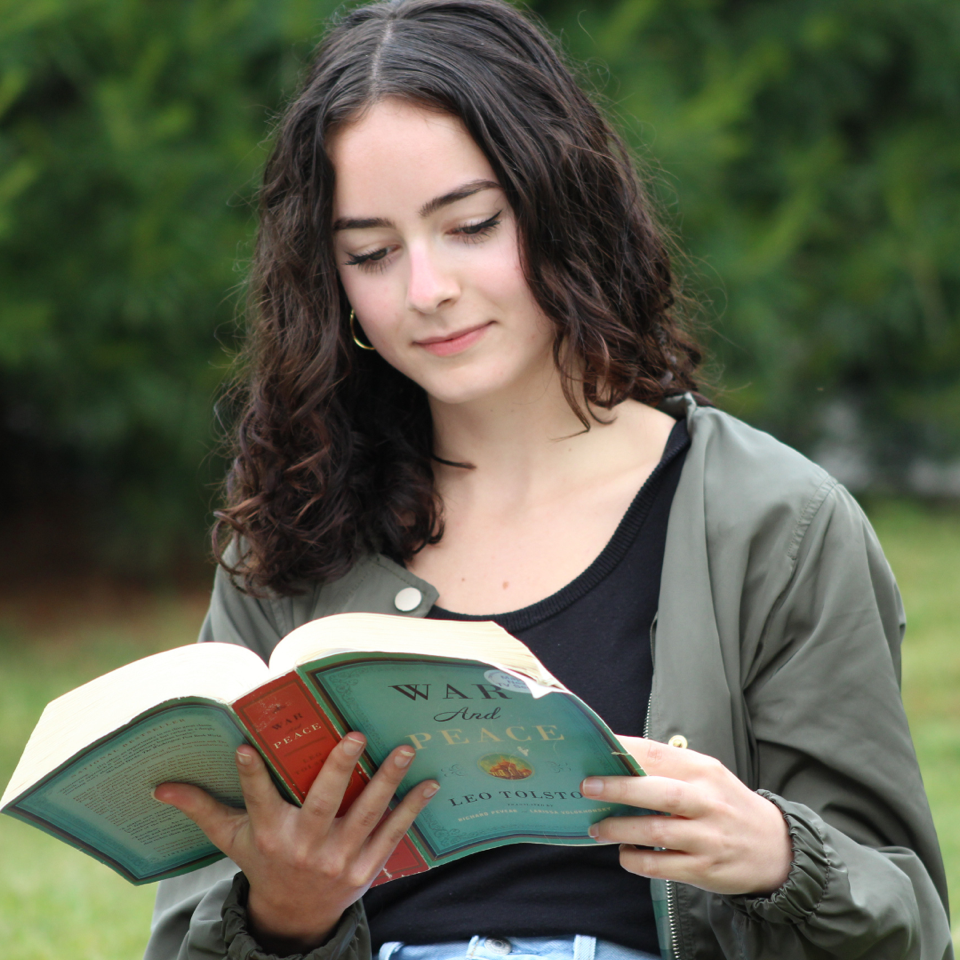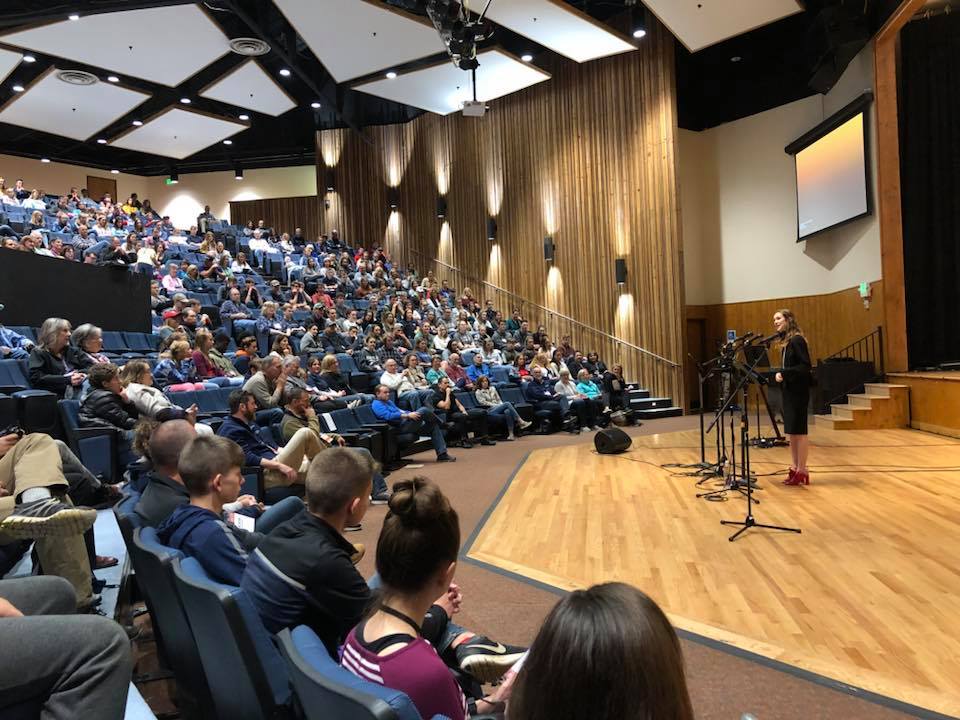Why We Returned to Wilson Hill After a Brick and Mortar
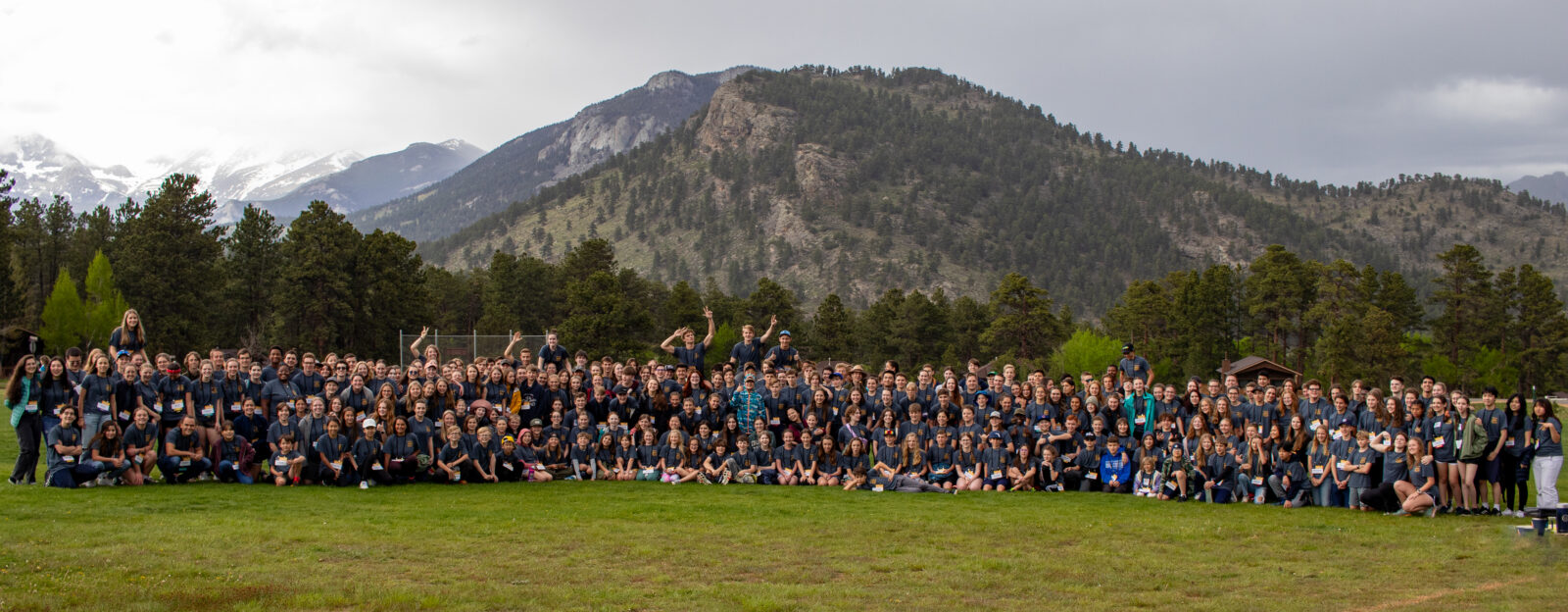 15 May 2024
15 May 2024
Is my child missing out by attending a virtual school? After sending her three older children to Wilson Hill, Allyson Alden never thought she would be asking that question. She first learned about Wilson Hill when her oldest was a senior in high school. With a busy schedule and children in 12th, 10th, 8th, 5th and 1st grade, Allyson didn’t feel equipped to teach all of her children. Wilson Hill felt like the perfect solution

